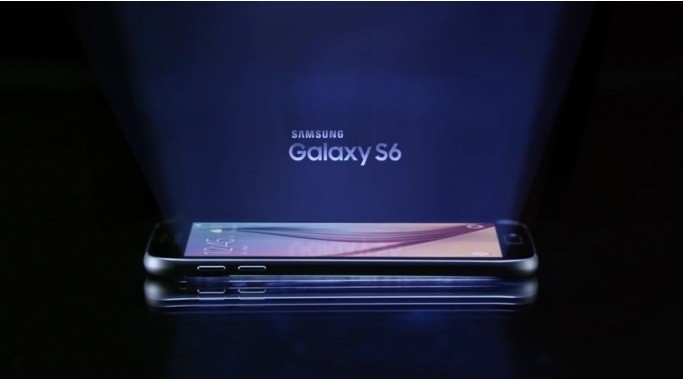Samsung Pay, the South Korean company's mobile payment service, may be looking at a later release to September for the United States territories. This is another delay for Samsung, especially in light of its competition's aggressive streak in providing similar services.
The original plan for Samsung Pay was to debut in both its home country South Korea and the U.S., with the time frame scheduled for a July launch. However, Bloomberg reported that the delay was announced last Wednesday by Rhee In Jong, executive vice president, at an investor call.
This is a significant delay in terms of launch. The Samsung Pay service has been announced as early as March alongside the new Samsung Galaxy S6 and Samsung Galaxy S6 Edge. Given the new timelines, it appears that the mobile payment service may be released alongside the next Samsung Galaxy sensation.
"The new service will likely be deployed on its next Galaxy Note device," said Claire Kim, an analyst for Daishin Securities Co.
Despite the delay, there are already significant details that have surfaced. To start off, users of Samsung Galaxy devices that are older than this year's newly released iterations may not have the chance to use the surface unless they upgrade to the newer models.
The company has yet to announce whether Samsung Pay will be available to smart devices that are pre-Samsung Galaxy S6, Digital Trends reported. Its advantage over the likes of Apply Pay and Google Wallet lies in using Magnetic Secure Transmission (MST), which allows the system to be accepted in cash registers regardless of NFC payment-compatibility. This allows for Samsung Pay to be accepted in nearly all cash registers.
Credit cards may be the South Korean company's selling point. The report also mentioned that Samsung had already partnered with MasterCard and Visa for Samsung Pay, with other financial partnerships on the way to enhance the use of Samsung Pay.
Samsung has already set its eyes on more markets for the Samsung Pay service. China and Europe are next on the list once the debut for the first two aforementioned countries have been deployed.



























